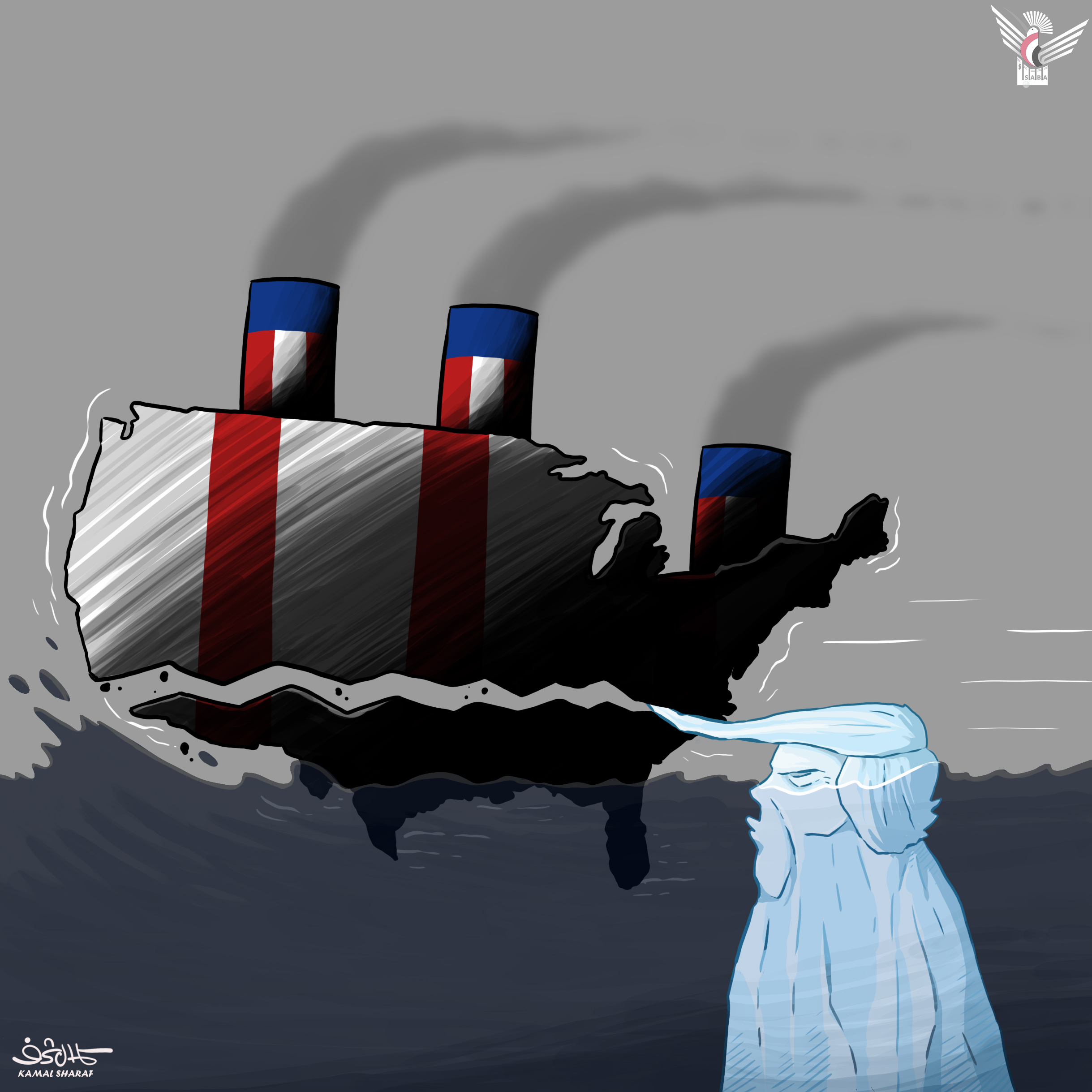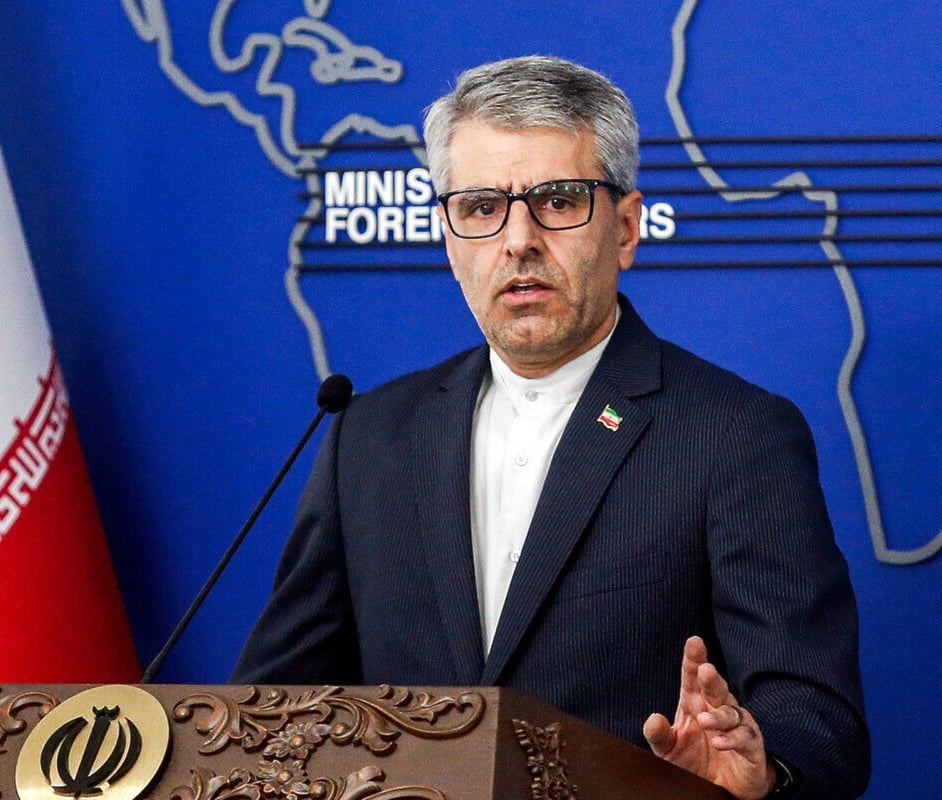Tehran – Saba:
Iranian Foreign Ministry Spokesman Esmail Baghaei denounced on Thursday the exploitation of the International Atomic Energy Agency (IAEA) by the three European countries (Britain, France, and Germany) and the United States against Iran.
In a press statement carried by the Iranian News Agency (IRNA), Baghaei said that the allegation of Iran's failure to fulfill its obligations regarding the nuclear program in itself demonstrates the lack of credibility and ill-intentions of the resolution's drafters, as even the IAEA Director General's excellent political report did not raise such allegations.
Baghaei strongly condemned the use of the IAEA Board of Governors by the three European countries and the United States as a tool to raise doubts about the peaceful nature of Iran's nuclear program.
He categorically rejected the allegations contained in the IAEA Board of Governors resolution, which was approved Thursday afternoon at the joint proposal of France, Britain, Germany, and the United States and based on the IAEA Director General's political report.
Baghaei considered this an unjustified, and unfair measure designed and implemented with the aim of pressuring Iran to deprive the Iranian people of their legitimate rights and interests in the peaceful use of nuclear energy.
The Iranian Foreign Ministry spokesman held the drafters of this resolution responsible for the consequences and repercussions of this unjustified and destructive measure. He emphasized that the Islamic Republic of Iran, in the context of ensuring and protecting the interests of the Iranian people and their rights to benefit from peaceful nuclear energy, will take the necessary measures to respond to this measure.
He considered the allegation of Iran's failure to comply with its obligations under the Comprehensive Safeguards Agreements to be baseless and fabricated. He said, "This in itself demonstrates the lack of credibility and ill-intentioned intentions of the drafters of the resolution, as even the IAEA Director General's highly political report did not raise such allegations."
Baghaei expressed his regret for the biased performance of the IAEA Director General regarding the Iranian nuclear issue, recalling the direct responsibility that the Director General bears for undermining the IAEA's professional credibility.
Baghaei called on the IAEA Director General to adhere to his duties and obligations in accordance with the IAEA's Statute and avoid political behavior.
He expressed his appreciation to China, Russia, Venezuela, Cuba, Nicaragua, and Belarus, who, in a joint statement, took responsible and legal positions in rejecting the aforementioned resolution.
Baghaei also thanked all countries that abstained from voting on the resolution, demonstrating their opposition to the use of the Board of Governors by four Western countries as a tool. He emphasized the Iranian people's determination to protect their rights and interests based on the UN Charter and the Treaty on the Non-Proliferation of Nuclear Weapons.
The IAEA Board of Governors adopted a resolution on Thursday alleging Iran's non-compliance with its nuclear safeguards obligations for the first time in nearly 20 years.
In response, the Iranian Foreign Ministry and the Atomic Energy Organization of Iran condemned the IAEA Board of Governors' resolution in a joint statement.
The statement noted that "this resolution accuses Tehran of failing to comply with its safeguards obligations, without mentioning its ongoing and extensive cooperation with the IAEA."
The statement stated that this resolution reiterates the politically motivated allegations of the Israeli enemy regime, based on fabricated documents, claiming that Iran has not cooperated fully and promptly with the International Atomic Energy Agency (IAEA) since 2019 regarding "undisclosed nuclear materials and activities at several locations."
The statement explained that this resolution indicates that the IAEA's failure to provide assurances regarding the peaceful nature of Iran's nuclear program may fall within the jurisdiction of the UN Security Council.
It noted that "this is the same agenda pursued by the Zionist regime after signing the nuclear agreement in 2015, attempting to secure the Iranian nuclear program and revive the closed issue known as "possible military dimensions" (PMD), thus paving the way for returning the Iranian file to the UN Security Council."

| more of (International) |




